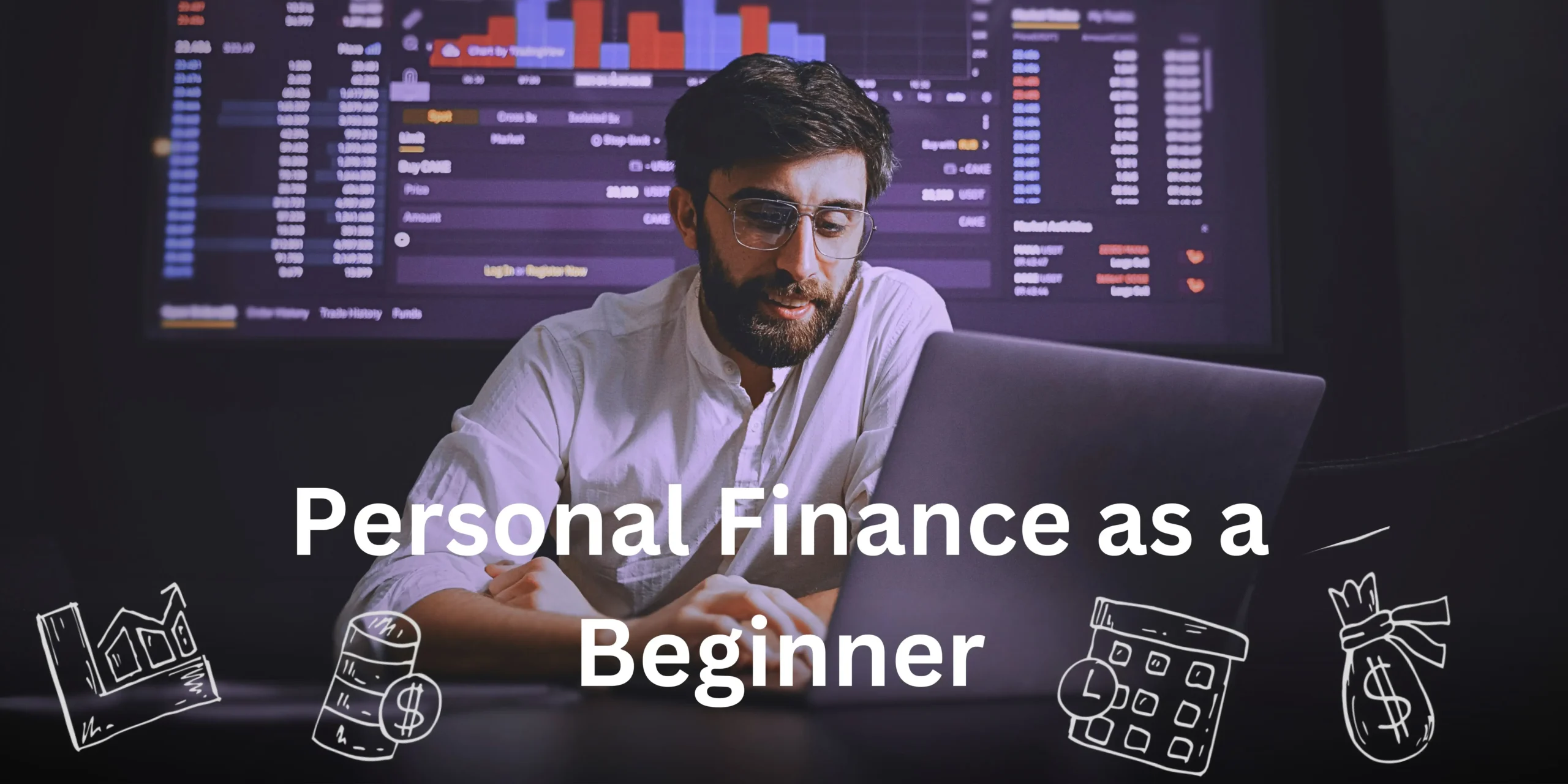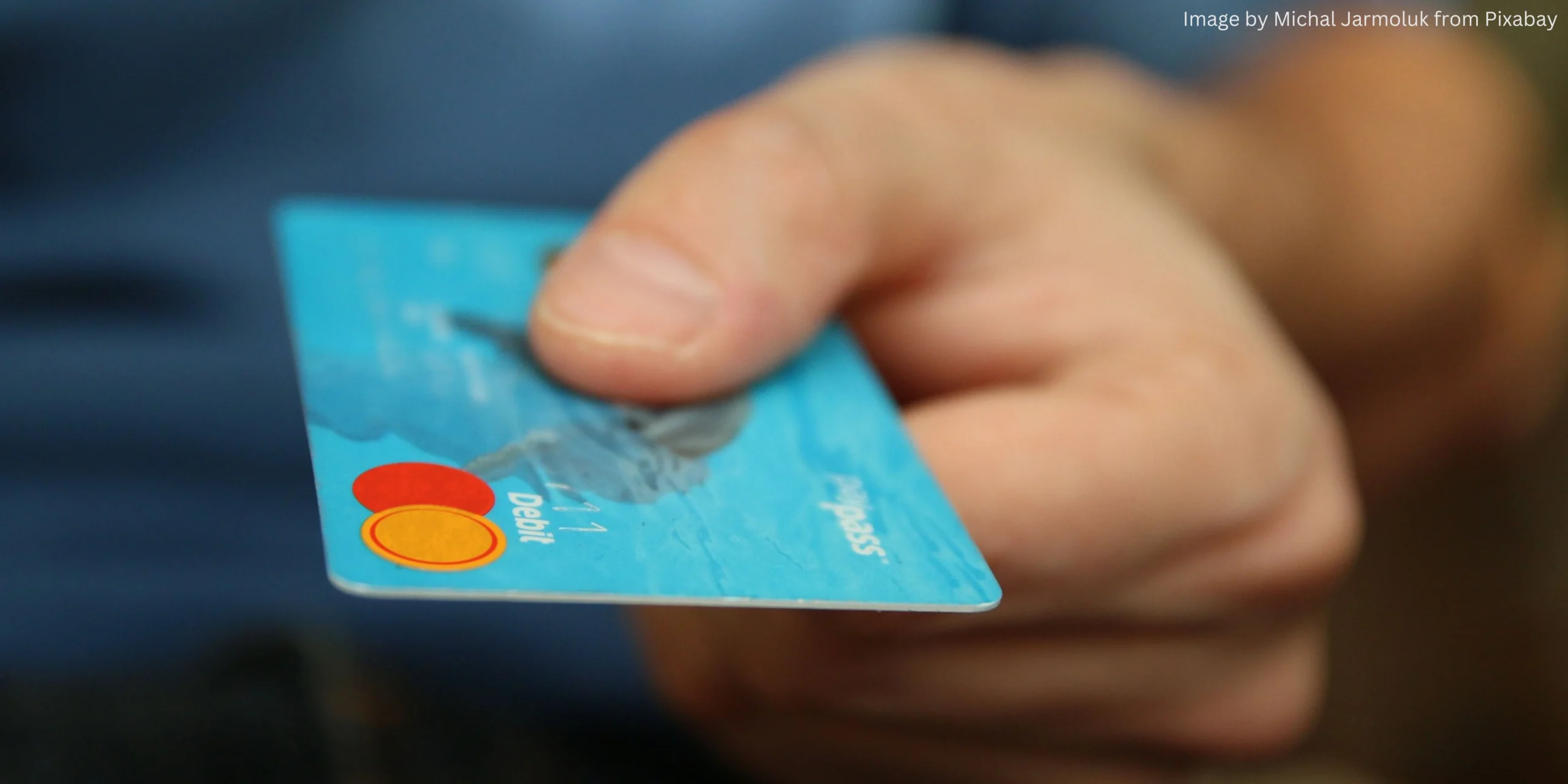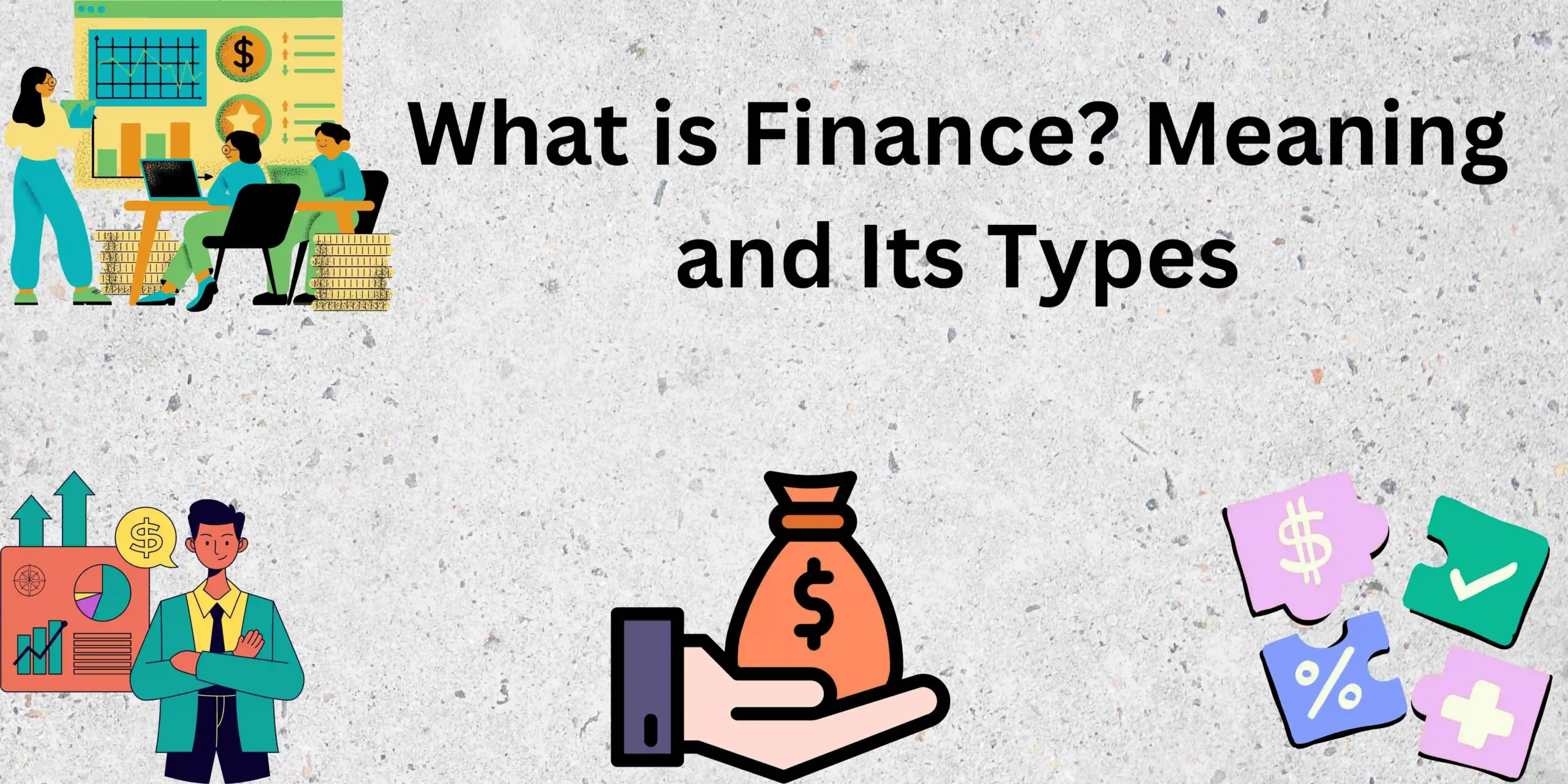Table of Contents
Getting Started with Personal Finance as a Beginner: A Simple Guide
Getting started with personal finance as a beginner can be challenging, especially if you’re new to managing money. With so much information available, it’s easy to feel overwhelmed. But the good news is that personal finance doesn’t have to be complicated. By following a few straightforward steps, anyone can take control of their finances and work towards achieving their financial goals.
In this guide, we’ll break down the essentials of personal finance in a friendly and easy-to-understand way. With the right approach, you’ll be able to manage your money more effectively and confidently
Personal Finance
Personal finance is the process of managing your money to achieve your financial goals. This includes budgeting, saving, investing, and planning for future financial security. Key aspects of personal finance involve tracking income, managing expenses, saving for emergencies, investing for long-term growth, and protecting your assets through insurance.
Understand Your Financial Situation
The first step in managing personal finance as a beginner is to understand your current financial situation.
- Track your income: Identify all your sources of income. This could be your salary, freelance work, or any other source of income.
- Track your Expenses: Keep a record of your daily, weekly, and monthly expenses to understand where your money is going.
- Lists your Debts: List all your debts like credit cards, student loans, or mortgages.
Set Financial Goal
Setting financial objectives gives your personal finance journey the direction it needs. These objectives can be long-term, like as purchasing a home or setting up a retirement fund, or short-term, such as saving for a trip or paying off credit card debt. You can make the following kinds of goals:
- Short-term goals: Things you want to achieve within 1-3 years, like paying off credit card debts or building emergency funds.
- Long-term goals: Goals like buying a house, investing for retirement, or your child’s education.
Build an Emergency Fund
One of the first things to do when starting with personal finance as a beginner is to create an emergency fund. This is money set aside for unexpected expenses, such as medical bills, car repairs, or job loss. Aim to save at least 3 to 6 months’ worth of living expenses in your emergency fund. This will act as a financial cushion to prevent you from going into debt during emergencies.
Create Budget
Creating a budget is essential for managing personal finance as a beginner. A budget helps you track your income, monitor your spending, and allocate funds for saving and debt repayment. It ensures that you’re living within your means and helps prevent overspending.
Manage Your Debt
Debt management is a critical aspect of personal finance as a beginner. Debt management involves developing a clear strategy for repaying what you owe while maintaining financial stability. Begin by listing all debts, along with their respective amounts and interest rates. Establish a budget to prioritize necessary expenses and apportion funds for repaying debts. Focus on settling high-interest debts first, while ensuring that at least the minimum payments are made on others. If possible, strive to pay more than the minimum to reduce debt reduction. Refrain from acquiring additional debt. Maintain consistency, ensure timely payments, and seek professional assistance if necessary to formulate a sustainable debt management plan.
Start Saving and Investing
Saving and Investing are key to growing your wealth.
- Saving: Open a high-yield savings account to earn more interest on your savings.
- Investing: Start with basic investment options like mutual funds, index funds, or ETFs. Consider a financial advisor for personalized advice.
Protect Yourself with Insurance
Insurance is crucial for protecting your financial well-being. Ensure you have the necessary insurance like health, life, auto, and property insurance. Life insurance is particularly important if you have dependents.
Improve Your Financial Knowledge
Personal finance is a lifelong learning process. Stay updated by reading books, articles, and financial blogs, and listening to podcasts can help increase your financial knowledge.
Review and Adjust your Finances regularly
Personal finance is an ongoing process. Your financial situation and goals may change over time. Review your budget, Investments, and progress every month to make necessary changes.
Conclusion
Getting started with personal finance as a beginner is all about taking small and consistent steps. Understand where your money is going, create a budget, and set realistic goals. Once you’ve laid the foundation with an emergency fund and a debt repayment plan, start investing for the future. Personal finance is a lifelong journey, but with the right habits, you can achieve financial security and independence.
So, don’t wait—start managing your personal finance as a beginner today, and your future self will thank you!
Also Read:
The 5 Basic Principles of Personal Finance







